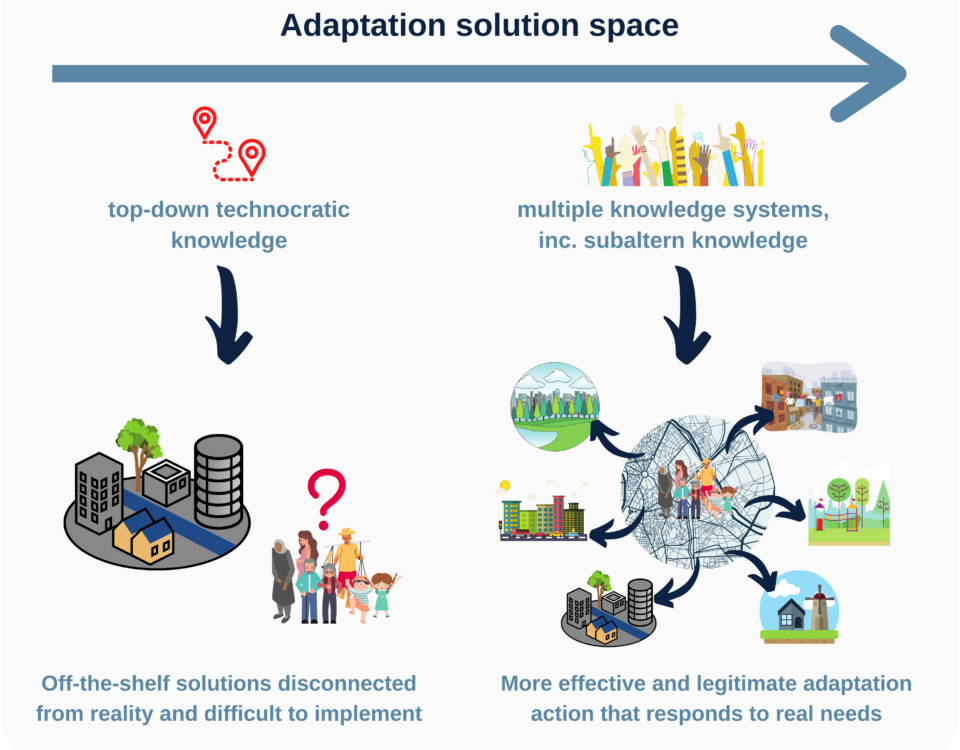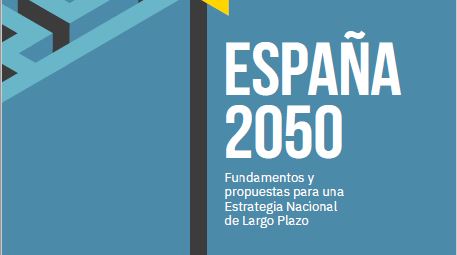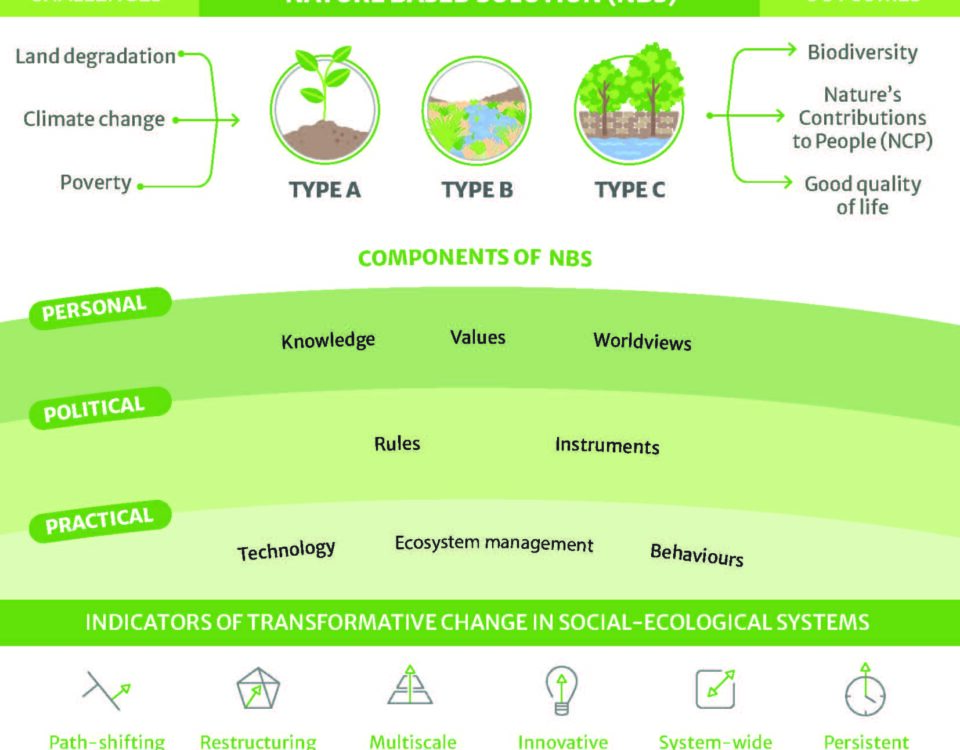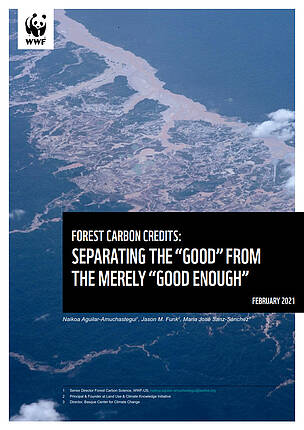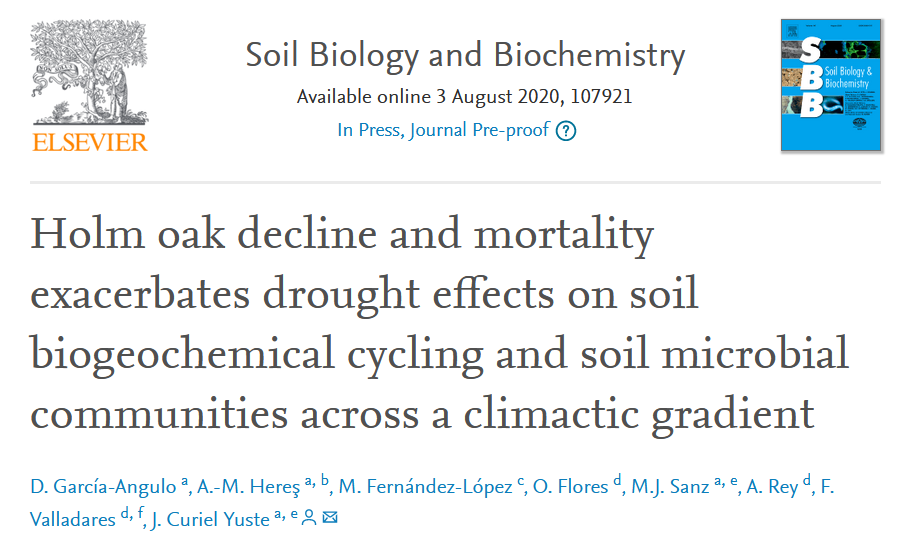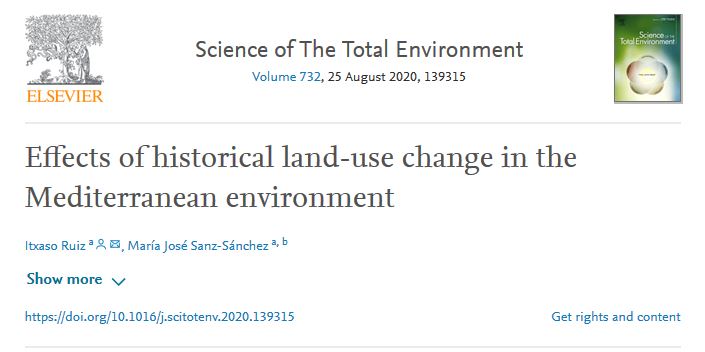Publications
May 24, 2023
Published by BC3Research at May 24, 2023
Categories
Nature Based Solutions (NbS) are seen as a promising venue for coastal adaptation to climate change. Combining natural dynamics with technical solutions, NbS can be driven by unpredictable natural dynamics, unanticipated surprises, and changing external conditions. And as such, they involve fundamentally different uncertainties.
Do you like it?
June 21, 2021
Published by BC3Research Marta Olazabal at June 21, 2021
Categories
In a new collaborative paper led by Marta Olazabal and published in One Earth, the authors argue that historically marginalized and subaltern forms of local knowledge must be considered in combination with technocratic top-down approaches to climate knowledge production.
Do you like it?
May 20, 2021
Published by BC3Research at May 20, 2021
Categories
Las investigadoras de BC3 Basque Centre for Climate Change - Klima Aldaketa Ikergai, Aline Chiabai, y Marta Olazabal, han participado respectivamente en los ejes de Cambio Climático y de Urbanización, para la redacción del informe "Fundamentos y propuestas para una Estrategia Nacional de Largo Plazo"
Do you like it?
May 17, 2021
Published by BC3Research at May 17, 2021
The global environmental crisis calls for transformative approaches to sustainability. Nature-based Solutions (NbS) have great resonance in science and practice, but their ability to bring about transformative change has not been assessed. A new publication in One Earth provides evidence that NbS can contribute to transformative change towards sustainable trajectories.
Do you like it?
February 15, 2021
Published by BC3Research Maria Jose Sanz at February 15, 2021
Categories
Forest Carbon Credits: Separating the “good” from the merely “good enough” new discussion paper published at WWF by Naikoa Aguilar-Amuchastegui (Senior Director Forest Carbon Science, WWD-US), Jason M. Funk (Principal & Funder at Land Use & Climate Knowledge Initiative) and María José Sanz (BC3 - Basque Centre for Climate Change Director).
Do you like it?
December 7, 2020
Published by Ignacio Palomo BC3Research at December 7, 2020
Recent assessment reports by the Intergovernmental Panel on Climate Change (IPCC) and the Intergovernmental Science-Policy Platform on Biodiversity and Ecosystem Services (IPBES) have highlighted the risks to humanity arising from the unsustainable use of natural resources.
Do you like it?
October 26, 2020
Published by Marta Olazabal BC3Research at October 26, 2020
Categories
Cities are projected to hold two-thirds of the world’s population by 2050 under a period of intensifying climate change. Ensuring sustainable, climate-resilient, and equitable cities will require moving beyond incremental adaptation to transformative adaptation. What does transformative adaptation mean for cities, and how can it be achieved, particularly in cities with low adaptive capacity?
Do you like it?
September 15, 2020
Published by Elena Galán BC3Research at September 15, 2020
Categories
The latest article by Elena Galán de Castillo, researcher at the multidisciplinary centre BC3 - Basque Centre for Climate Change, published in Mundo Ganadero summarizes the results and consequences on the effects of moving from two milkings per day to one in small ruminants
Do you like it?
August 6, 2020
Published by BC3Research Daniel Garcia Jorge Curiel Maria Jose Sanz at August 6, 2020
Categories
The extent to which the increasingly frequent episodes of drought-induced tree decline and mortality could alter key soil biogeochemical cycles is unclear. Understanding this connection between tree decline and mortality and soils is important because forested ecosystems serve as important long-term sinks for carbon (C) and essential nutrients (e.g., nitrogen and phosphorus).
Do you like it?
June 1, 2020
Published by BC3Research Itxaso Ruiz Maria Jose Sanz at June 1, 2020
Categories
During the Holocene (last ~11,700 years), societies have continuously modified the landscape of the Mediterranean Basin through changes in land-use, exerting extraordinary pressures onto the environment and adding variability to the climate. Despite its importance to current land management, knowledge of how past land-use practices have impacted the regional climate of the Basin remains largely in the scientific sphere.
Do you like it?


